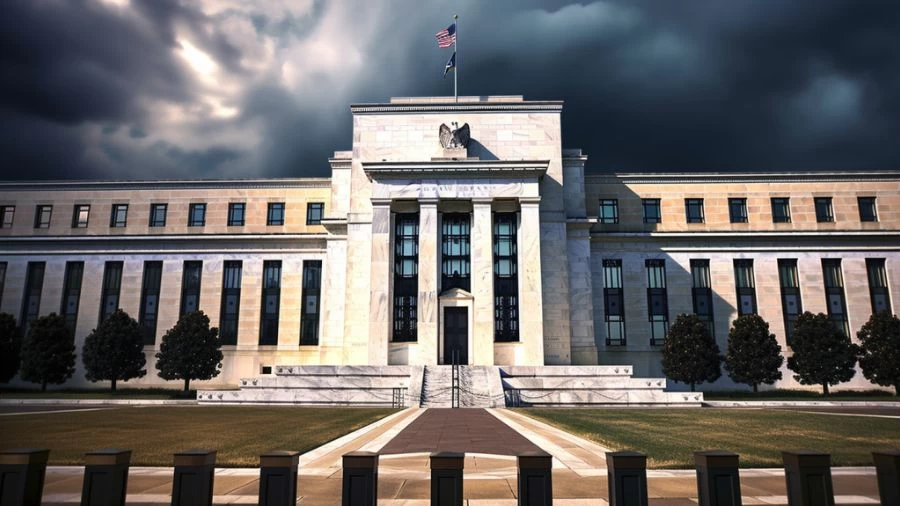
How Do Central Banks Govern the Banking Industry?
Central banks govern the banking industry by regulating reserves, payments, and money supply, acting as lenders of last resort, ensuring stability, and responding to crises.
by Sai V
Published Aug 11, 2023 | Updated Oct 27, 2023 | 📖 1 min read
How Do Central Banks Govern the Banking Industry?
Central banks govern the banking industry by setting and adjusting reserve requirements, determining the nation's payment system regulations, controlling the overall money supply through various policies, including printing money if necessary.
Additionally, they act as lenders of last resort, providing emergency liquidity during banking crises, and responding swiftly to financial emergencies to stabilize the banking sector. Through these measures, central banks maintain stability, regulate financial institutions, and ensure the smooth functioning of the economy.
How Does Central Banks Works?
Central banks serve as financial stabilizers, acting as a "lender of last resort" when commercial banks face shortages, ensuring the stability of the banking system. Their main goal is to control inflation by regulating the money supply through actions like buying government bonds to lower interest rates or selling them to curb inflation. Central banks operate independently from government influence and commercial interests, and they play a crucial role in influencing interest rates. Their actions have a significant impact on a nation's economic stability and prosperity.




